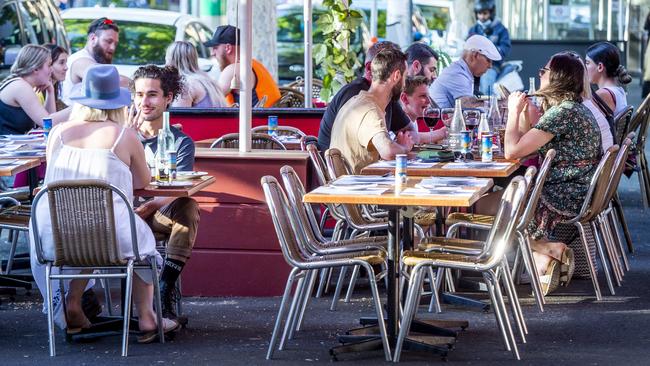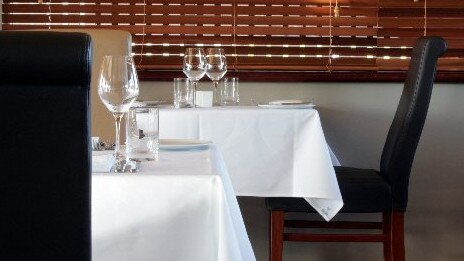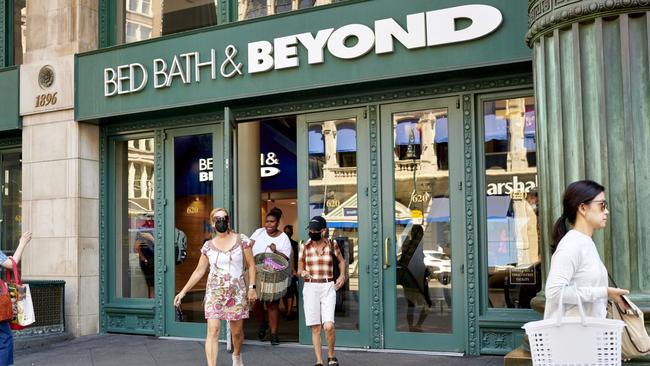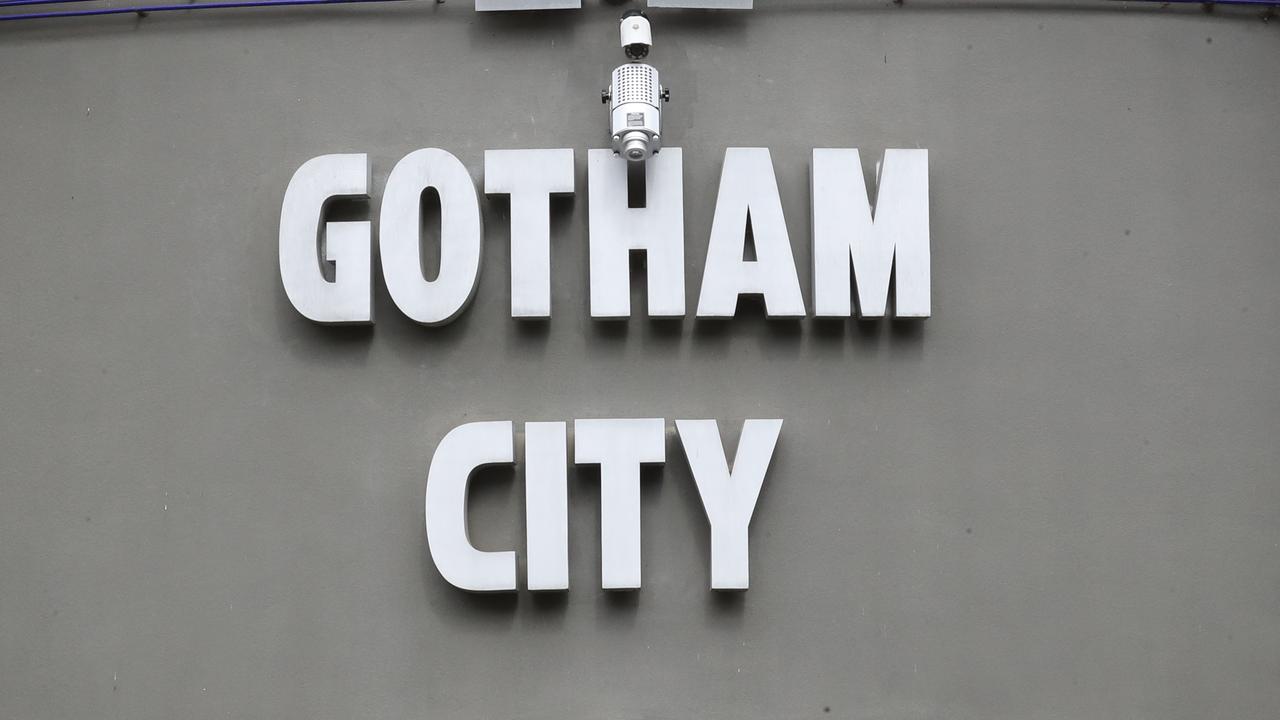Not just builders going broke: Melbourne food, accommodation and retail businesses battling
Insolvency data reveals the number of Victorian hospitality and retail businesses that have already gone broke this year, as a peak body calls on the government to step in.
News
Don't miss out on the headlines from News. Followed categories will be added to My News.
Rising interest rates and rents, soaring utilities bills and a labour crisis — combined with customers looking to rein in their discretionary spending — has created a perfect storm of challenges, sending some Victorian food and accommodation businesses, and retailers, broke.
Insolvency data reveals 140 Australian accommodation and food services went bust in March, 94 of them going into creditors’ voluntary administration.
Nearly 70 Australian retailers became insolvent in the same period, with 37 of the 68 via creditors’ voluntary liquidation.
In Victoria, the Australian Securities and Investments Commission (ASIC) data shows 71 food and accommodation services went broke in the first three months of 2023.
A creditors’ voluntary liquidation begins when an insolvent company’s shareholders resolve to liquidate the company and appoint a liquidator, or creditors vote for liquidation following a voluntary administration or a terminated deed of company arrangement.
The head of Australia’s peak restaurant body, Suresh Manickam, said food businesses were “feeling the pinch, no two ways about it” as the costs of operating their businesses skyrocketed and unseasonal weather events led to shortages of some foods, and pushed up their prices.

“We’re also having huge, huge challenges with skills shortages — probably bigger challenges than other sectors in that area — and we haven’t really recovered since pre-pandemic levels in terms of labour numbers and skill. That is a huge challenge for us,” Mr Manickam, who is chief executive of the Restaurant and Catering Industry Association of Australia (R&CA), said.
Restaurant, cafe and takeaway food store owners were reporting it was much tougher to stay afloat now than it was before interest rates, electricity and gas bills, and produce costs started rapidly rising, he said.
“The commentary is all about how it has definitely been harder this last six months than the six months before,” Mr Manickam said.
“One of the factors that is really paramount in our industry is energy costs. We’re using gas all the time or electricity all the time to create the foods and the meals. And that has gone up considerably. And that’s obviously one of the main pressure points.”
He said problems attracting skilled, hardworking staff to food businesses so they could operate the hours they wanted to was one of the biggest problems facing the industry.
R&CA represents more than 57,000 restaurants, cafes, coffee shops, catering businesses and function centres across Australia.
He called on the federal government to increase migration levels to pre-pandemic levels and make it easier for international workers to secure visas to work in the hospitality industry, and to provide funding in the upcoming federal budget for training of many more Australian hospitality workers.


“We know that there’s probably 100,000 extra staff that we need to put on around the country,” Mr Manickam said.
“The other thing that we want to see is the federal government honour its election promise to reduce energy bills. It said they would be coming down before the election and we’ve found the opposite has occurred. So we really need that pre-election commitment to be upheld, and those energy bills to come down.”
Mr Manickam said the hospitality industry was passionate and resilient, with businesses doing whatever they could to stay afloat and keep their restaurants, cafes or takeaway outlets operational.
But times were getting tougher and it now needed government help.
In Melbourne, restaurant and cafe culture was a major drawcard for tourists and a large part of the city’s image and heartbeat, he said.
Creditor Watch industry data from the latest Business Risk Index has revealed the hospitality industry is most at risk of default as cost of living pressures bite, followed by the construction sector.
In the retail sector, huge international homewares retailer Bed Bath & Beyond this month filed for bankruptcy, while online retailer EziBuy also collapsed.
EziBuy was a subsidiary of Mosaic Brands, which in a market update warned that the outfit had been placed into the care of administrators after suffering a 51 per cent decline in sales from June to December last year.
Originally published as Not just builders going broke: Melbourne food, accommodation and retail businesses battling




